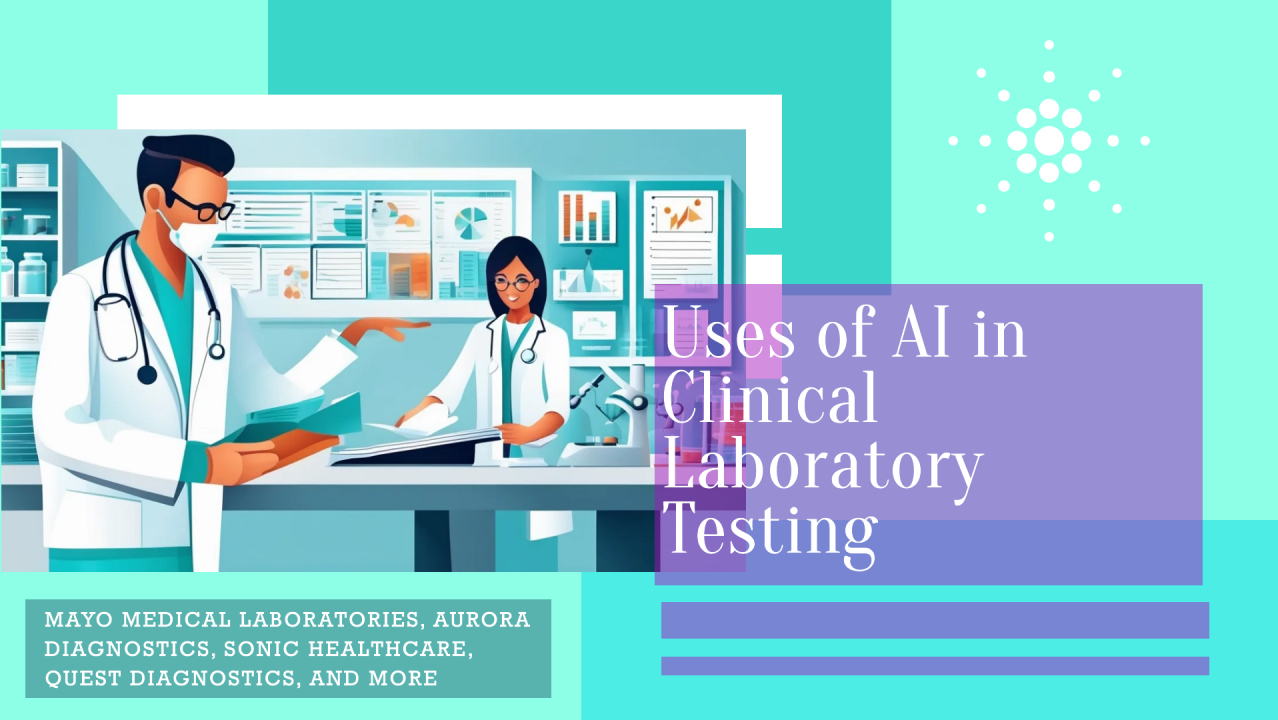1. What Are the Best Practices for Managing Clinical Laboratory Tests?
Managing clinical laboratory tests effectively is critical for ensuring accurate diagnostic outcomes and maintaining high-quality patient care. Best practices in this area include implementing a standardized test management protocol, utilizing electronic laboratory management systems (LIMS), and adhering to stringent quality control measures.
Key companies like Laboratory Corporation of America (LabCorp) and Quest Diagnostics have adopted advanced LIMS solutions that automate test scheduling, track samples, and optimize workflows, reducing human error and enhancing operational efficiency.
Another important aspect of laboratory test management is continuous staff training. Organizations like Sonic Healthcare invest in workforce training programs to ensure that technicians are proficient in handling sophisticated diagnostic equipment and maintaining adherence to standard operating procedures (SOPs).
Furthermore, effective communication with healthcare providers is necessary to clarify test orders and ensure appropriate follow-up on abnormal results.
2. How Can Healthcare Professionals Ensure Accurate Interpretation of Lab Test Results?
Accurate interpretation of laboratory test results requires a combination of expertise, advanced diagnostic tools, and support from specialized pathologists. Laboratories such as Mayo Medical Laboratories and Spectra Laboratories Inc. have developed specialized teams that review complex test outcomes, particularly in oncology and rare disease diagnostics.
Utilizing machine learning algorithms and AI tools, these labs can analyze large datasets, identify patterns, and reduce the likelihood of diagnostic errors.
For example, Quest Diagnostics has integrated AI-powered tools that assist clinicians in interpreting results with greater precision, ensuring that no critical data is overlooked.
Regular calibration of diagnostic equipment, adherence to testing standards like CLIA (Clinical Laboratory Improvement Amendments), and peer reviews further enhance the reliability of test interpretations.
3. What Are the Latest Technology Trends in Clinical Laboratory Testing?
Recent technological advancements in clinical laboratory testing have significantly transformed the industry. The introduction of next-generation sequencing (NGS) platforms, automated liquid biopsy technologies, and multiplex assays has improved test accuracy, reduced turnaround times, and expanded the scope of tests available.
Aurora Diagnostics has incorporated digital pathology and whole-slide imaging technologies to streamline the analysis of histopathological samples, enabling remote consultations and faster diagnostic results. LifeLabs Medical Laboratories has invested in robotics and automation for sample handling, minimizing manual intervention and errors.
Additionally, blockchain technology is gaining traction for secure data management and patient privacy in laboratory testing. This innovation allows laboratories to store patient data securely and ensure integrity and traceability of test results, especially in multi-center studies and clinical trials.
4. What Are the Most Cost-Effective Clinical Laboratory Testing Methods?
Cost-effective laboratory testing is essential for healthcare systems striving to balance quality with affordability. Innovations in molecular diagnostics and point-of-care (POC) testing are leading the charge in cost reduction.
POC tests, like those developed by Quest Diagnostics, allow for rapid results at the patient’s bedside, reducing the need for extensive laboratory resources and follow-up visits.
Laboratory Corporation of America has focused on developing consolidated test panels, where multiple markers are assessed simultaneously, lowering the per-test cost while providing comprehensive diagnostic insights.
Sonic Healthcare has implemented centralized lab testing models, where high-volume tests are processed in core laboratories, further decreasing overhead costs and improving economies of scale.
To support these advancements, many laboratories are embracing reagent rental agreements and partnerships with diagnostic equipment manufacturers to reduce upfront costs.
These collaborations ensure that laboratories have access to the latest technologies without significant capital expenditure, allowing them to provide high-quality testing at a reduced cost to patients and healthcare providers.
For more information visit at MarketResearchFuture
Other Trending Reports



